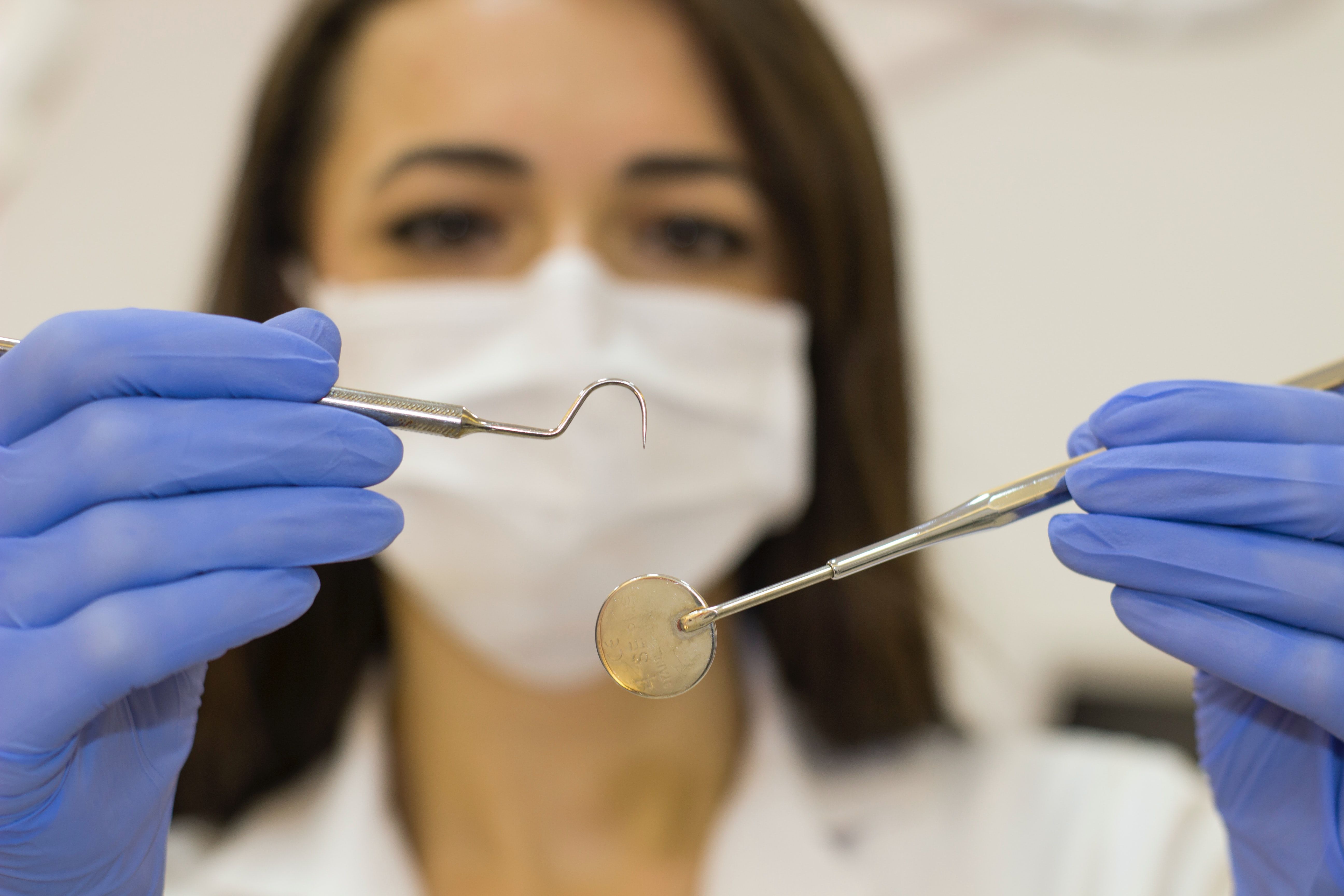The UK Government recently announced a new and improved pay rise proposal of 3% for NHS workers. This is an increase on the initial 1% proposed by Chancellor Rishi Sunak back in March 2021, which caused an uproar within the healthcare sector.
Why the controversy? For starters, the workers of the NHS have coped heroically throughout the recent coronavirus pandemic – and many believe they deserve greater remuneration for their efforts. Secondly, a 1% pay rise may actually have meant a real-terms drop in pay for NHS staff once inflation is taken into account.
But is the new 3% offer any better, and how have NHS dental bodies reacted?
Following the much-criticised initial proposal, the government has increased its offer to 3% following recommendations by NHS pay review bodies such as the Review Body on Doctors’ and Dentists’ Renumeration (DDRB).
There are still concerns that the offer will represent a pay cut for NHS workers if inflation continues to rise. This rate hit 2.5% in June, and the Royal College of Nursing (RCN) in particular has warned that the cost of living could rise past the 3% pay rise offer as the UK economy starts to bounce back after Covid-19.
However, the latest pay offer has been welcomed – albeit cautiously - by the British Dental Association (BDA). Its deputy chair Peter Crooks told dentistry.co.uk:
“An uplift on the right side of inflation is progress.
“A decade of pay restraint has taken its toll. We can never return to recommendations that fail to reflect the cost of living.
“Both providers and performers need to see the benefit of this uplift. This has been a hard year for practices. But we look to owners to ensure this increase reaches their associates.”
The BDA, which originally called for an uplift of 5%, also called for the government to show its ongoing commitment to fair pay, by taking future rises in inflation into account.
How much extra will NHS dentists receive?
When it comes into effect, and is backdated to April 2021, the NHS pay rise will apply to community dentists in full. Also affected are consultants, who will see a 3% rise to their basic pay. A government statement explained:
“Dentists will receive a 3% uplift. This is in addition to reduced requirements on the activity they deliver for full payment of their contract, minus agreed deductions, that have been in place throughout and a renewed commitment to reforming the NHS dental contract.”
“Uplifts to dentists will be passed on via an uplift to their contract value.”
So with the pay uplift factored in, how do NHS dentist salaries compare with the private sector? While many NHS dentists are self-employed, taking on a mix of practice, private and hospital work, salaried NHS dentists currently earn a base salary of between £40,630 and £87,000.
However, private dental professionals have an average base salary of around £64,113 a year, according to Indeed. So, even with the uplift applied, NHS pay could still be falling behind when it comes to starting salary.
If you’re looking for your next role within dentistry, or are facing a recruitment challenge in your organisation, get in touch with our specialists here at Dental Recruit Network.
